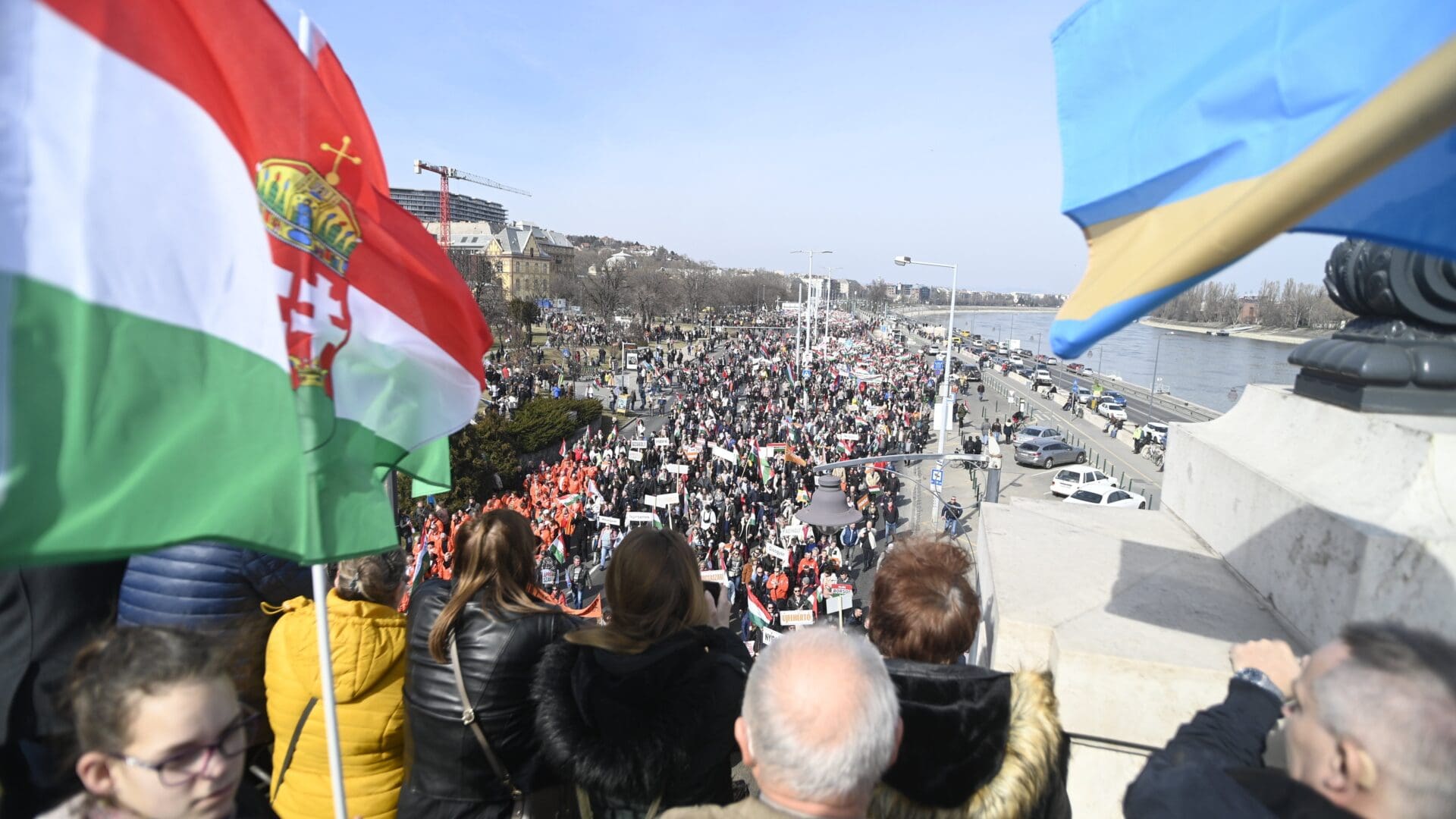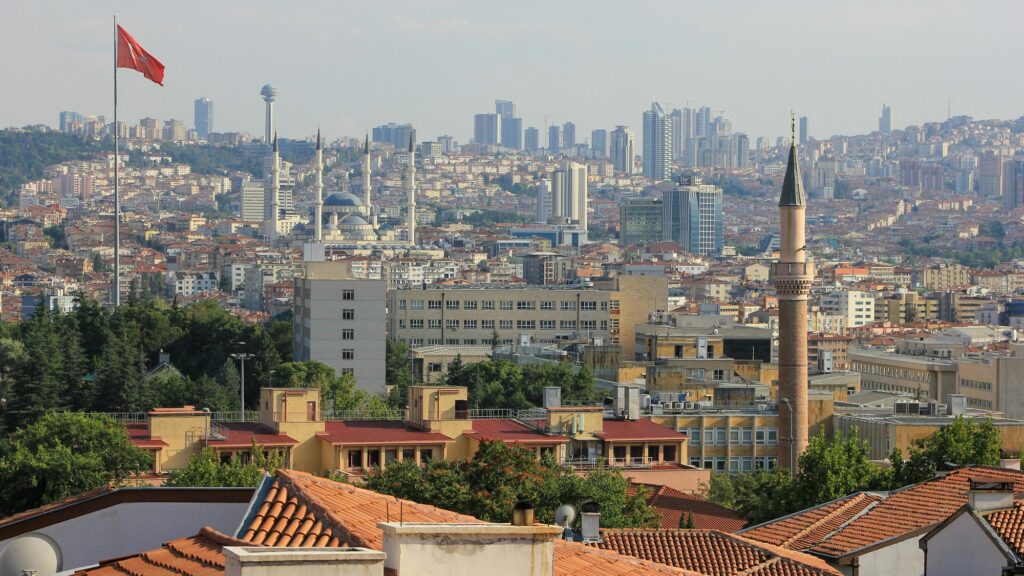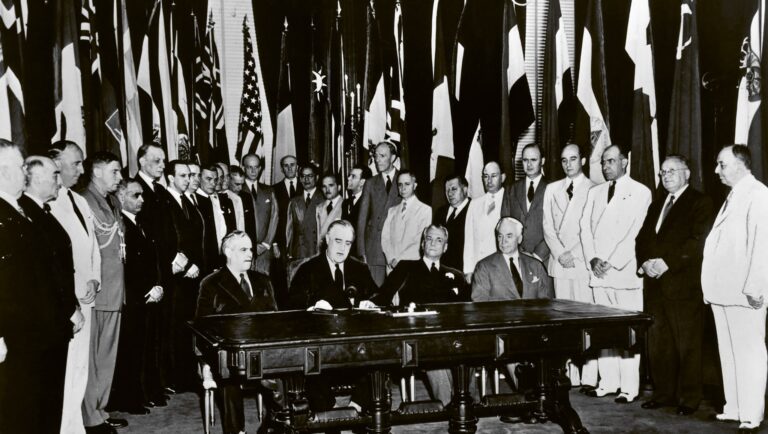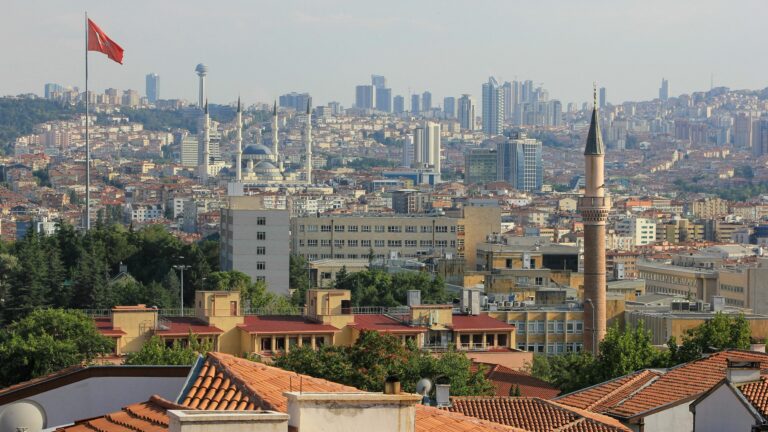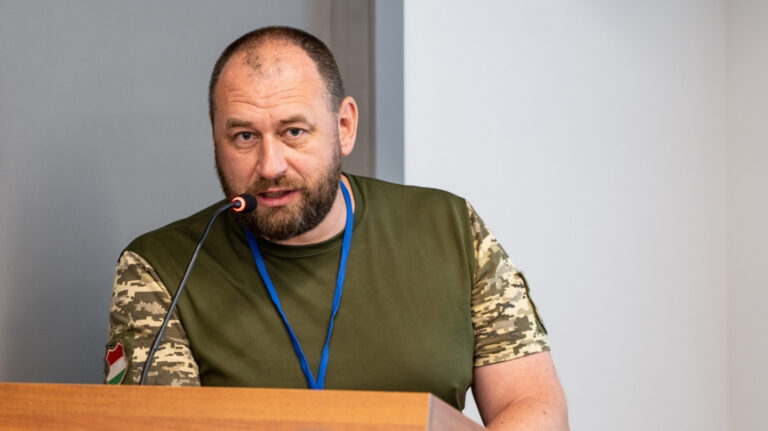In a surprising move, right-wing columnist and author Zsolt Bayer announced a Peace March for the papal visit on Sunday, 24 April. The publicist, known for his radical rhetoric, has been one of the chief organisers of the marches ever since their inception, asked people to attend in ‘awfully large numbers’, expressing his conviction that a big turnout would not only have a spiritual, but also a political message.
During the talk show he hosts on Hír TV, Bayer first asked those watching to be present at the Holy Mass that Pope Francis will celebrate on 30 April. Then he added that over the past weeks, many have reached out to the organisers to ask whether a Peace March would be held on the occasion of the pro-peace pope’s visit, so, responding to the popular demand, a march will indeed be organised.
The History of the Peace Marches
Peace Marches, or ‘Békemenetek’ in Hungarian, have been a recurring event in Hungary since the early 2010s.
After the change of government in 2010, Viktor Orbán’s government inherited a country on the verge of bankruptcy from the earlier liberal cabinets, which led to political solutions that were radically different from the practices of the former governments and were contrary to the will of the European Union’s political elite.
The state of the Hungarian economy at that time was well illustrated by the announcement of leading Fidesz politician at the time, Lajos Kósa, who said that there was a narrow chance of avoiding a Hungarian state bankruptcy. Later, the Prime Minister’s spokesman confirmed that it was not an exaggeration to talk about such a scenario. To fix the Hungarian economy, the Fidesz government introduced a bank tax, followed by additional crisis taxes in 2010. These measures did not win the favour of the domestic banking sector, with the Banking Association calling the new tax a gigantic burden. The new government not only took on conflicts in the economic sphere, but also introduced new media regulations, causing sharp criticism both domestically and abroad. However, perhaps the greatest outrage was caused by the adoption of the new Constitution. The multitude of unorthodox measures triggered alarm among international and domestic liberal circles, and the the adversaries of the administration took advantage of this, doing everything in their power to undermine the second Orbán government.
In this situation, pro-government, right-wing conservative civilians came together, establishing the Civil Unity Forum (Civil Összefogás Fórum or CÖF) and concluded that they needed to show that the national government’s policies have a serious backing in Hungary. This resolution gave birth to the first Peace March. The march became the most successful post-regime change civil initiative in Hungary.
The first march started from Heroes’ Square on 21 January 2012. Although the organisers expected many people to participate, the number of attendees exceeded all expectations, with estimates having put to their numbers to several hundreds of thousands. According to media reports at the time, the crowd was so large that they simply could not fit in Kossuth Square. Others reported that when the front of the crowd arrived at Kossuth Square, the end of the march was only at Oktogon, miles away. According to a statement issued by the Interior Ministry following the demonstration, it was said that an unprecedented crowd had participated in the demonstration in support of the Hungarian government.
Since then, Peace Marches have been held several times, with the aim of demonstrating support for the Orbán governments regarding such controversial issues as migration, LGBTQ+ rights, and threats to Hungarian sovereignty.

